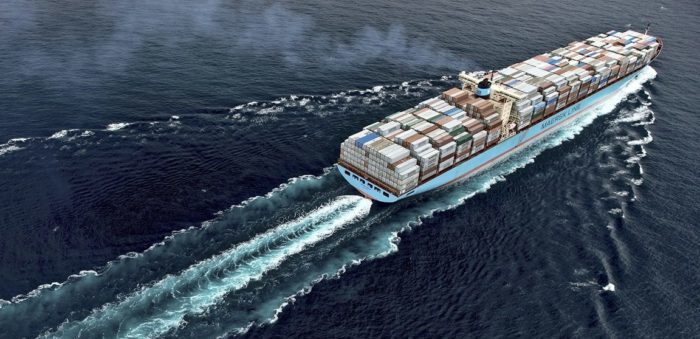The two subsequent fire incidents involving Maersk vessels, as well as the boxship collision in Karachi Port earlier this month that forced the temporary closure of the port, highlighted the importance of always investing in cargo insurance, according to online freight forwarder iContainers.
The major fire that broke out on the ‘Maersk Honam’ in the Arabian Sea on 7 March claimed the lives of at least four crew members and caused damage to hundreds of containers. As a result, the Danish giant declared general average, “which means that the surviving cargo has to pay a share of the cost for the vessel damage, the tow, clean up, legal settlements, etc.,” explained Klaus Lysdal, Vice President of Sales and Operations at iContainers.
In view of these, iContainers advises operators always to purchase additional coverage to protect themselves from worst-case scenarios, as the amount of insurance that all shipping carriers are obliged to offer by law is limited.
As a shipper, you can and should always buy extra cargo insurance to further protect your merchandise and cushion your damage. Given the uncertainties of mother nature, it’s a worthy investment as it would cover your cargo while it’s in storage and in transit until it reaches the safe hands of your buyer.
It’s been more than two weeks since the fire started, and the Danish shipping line has yet to confirm to which port the Honam will eventually be headed. It will still be awhile before the 2017-built vessel can be allowed to berth. Port authorities will want to make sure that all fire on board have been extinguished and determine the condition of the Honam, which is a process that could still drag on. In such a situation, having cargo insurance not only facilitates the post-shipping processes financially, but also logistically, iContainers added. Mr Lysdal also said:
For clients who have insurance, filing the claim with their insurance will help speed up the process of releasing their cargo. Plus, claims are generally processed quicker through insurance companies. Without insurance, you may be stuck with the carrier’s liability which is listed on the back of the Bill of Lading: $500 per unit.
Without cargo insurance, your cargo is likely to be held hostage for payment of those charges. Simply said, without insurance, you stand to gain nothing or next to nothing at most.






























































